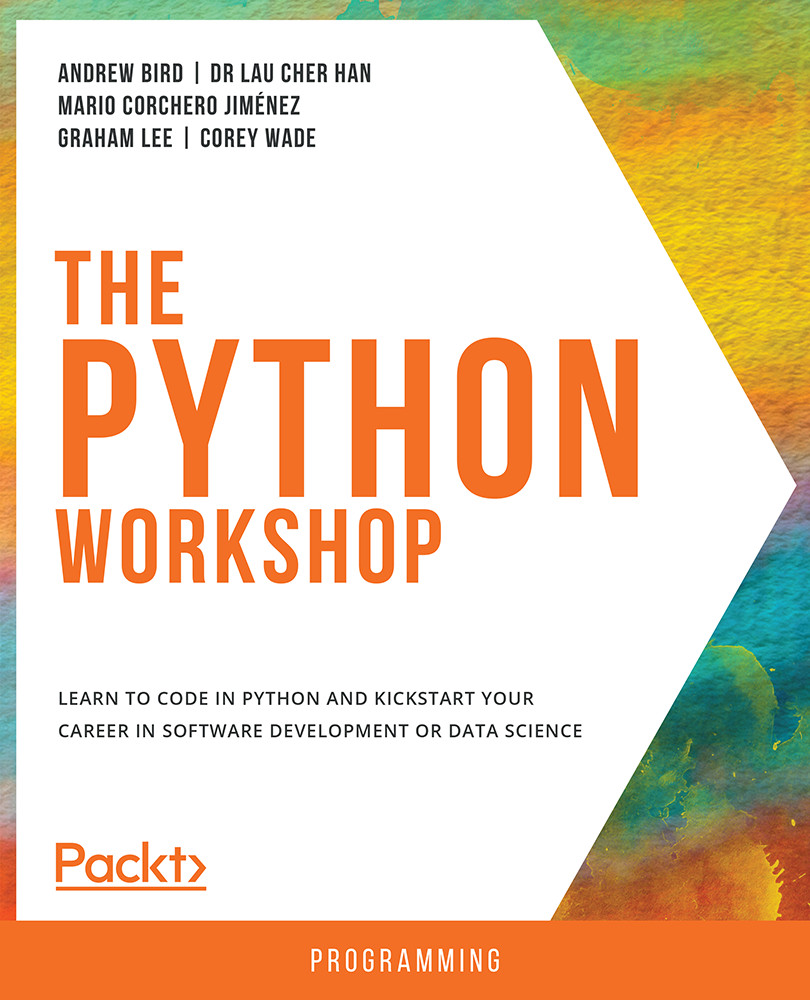-
Book Overview & Buying

-
Table Of Contents

The Python Workshop
By :

The Python Workshop
By:
Overview of this book
 Free Chapter
Free Chapter
 Sign In
Start Free Trial
Sign In
Start Free Trial


 Free Chapter
Free Chapter
Having exhausted the minimum-effort options for improving your code's performance, it's time to actually put some work in if you need to go faster. There's no recipe to follow to write fast code: if there were, you could have taught you that in Chapters 1-8 and there wouldn't need to be a section on performance now. And, of course, speed isn't the only performance goal: you might want to reduce memory use or increase the number of simultaneous operations that can be in-flight. But programmers often use "performance" as a synonym for "reducing time to completion," and that's what you'll investigate here.
Improving performance is a scientific process: you observe how your code behaves, hypothesize about a potential improvement, make the change, and then observe it again and check that you really did improve things. Good tool support exists for the observation steps in this process, and you'll look at one such tool...

Change the font size
Change margin width
Change background colour